Automotive careers for the creatively inclined
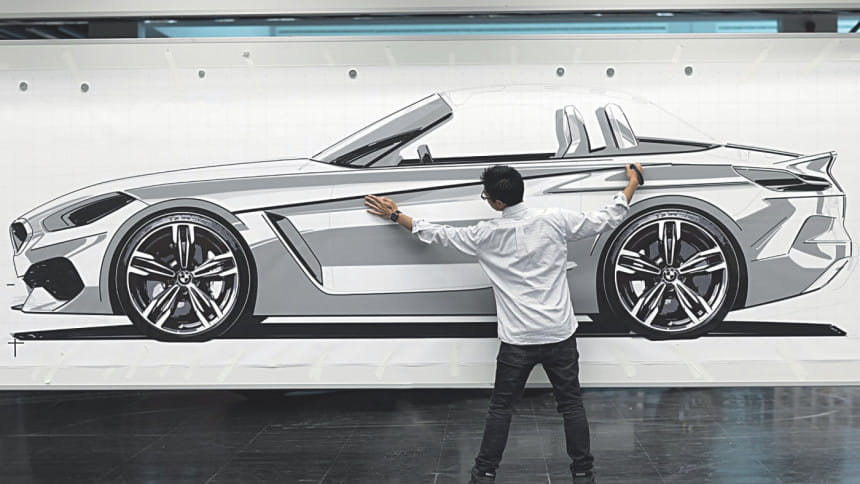
Being an automotive enthusiast has its quirks, in a sense that no one really takes it seriously. Many look at it from a "boys with their toys" point of view and mothers tend to tease that we will end up becoming mechanics in the future. Automotive hobby as a whole does not mean just being into fast cars or reckless driving, and it is not something one can grow out of, or disregard completely either. However, recent times have made it easier for people to follow their dreams, and the classic Asian parent stigma that claims only doctors and engineers can be successful has thankfully started to die. Given the proper support and a passion and drive for the art, it is very possible for someone to pursue their career that is centered around their hobby and earn a very respectable living.
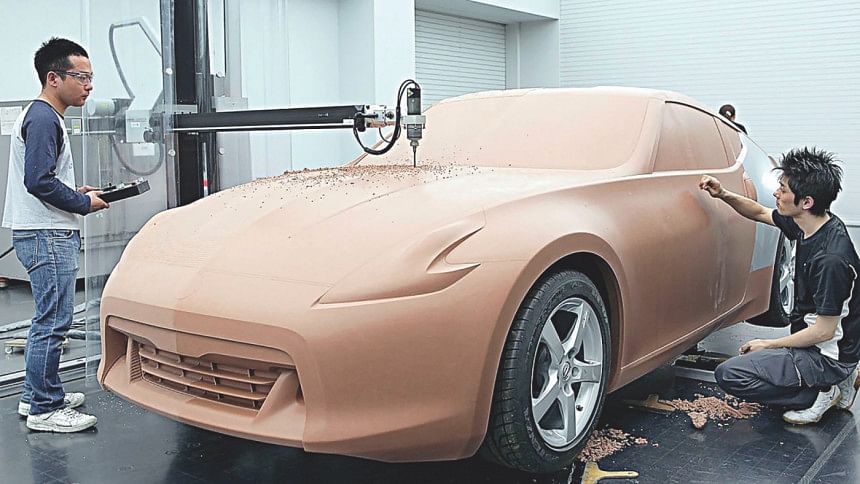
When it comes to further studies centered on this supposed "hobby", the most common choices tend to involve an automotive engineering or mechanical engineering degree. However, unless you're gifted in the fields of mathematics, physics and chemistry, chances are that ship has long since sailed. If you have a modicum of talent with words or drawing pencils, you might have a way to cement your passion for cars into a seriously rewarding career. You'll have better chances at either automotive journalism (like yours truly!) or with automotive design if you're not the engineering type.
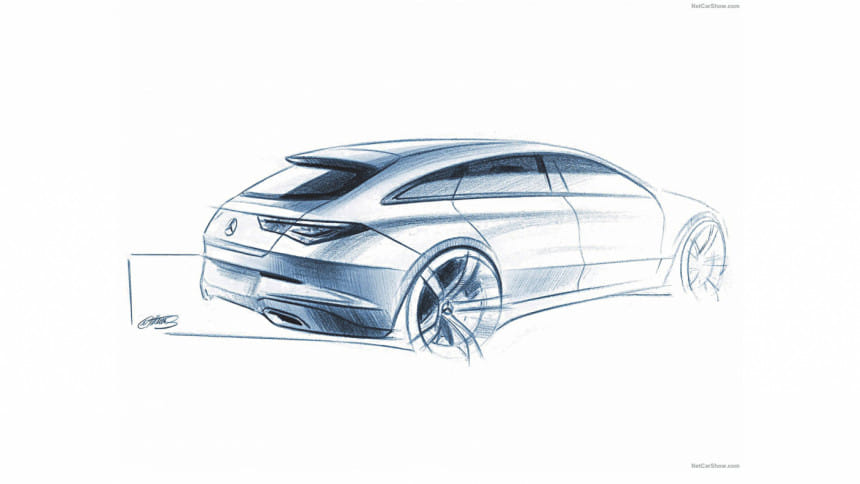
Design itself has a lot of branches, depending on what it is you want to design—industrial design, product design and packaging design can all lead to a career in automotive design, provided you have the interest and the drive in you. While there's a huge array of options when it comes to design schools, only a handful offer specific automotive design courses.
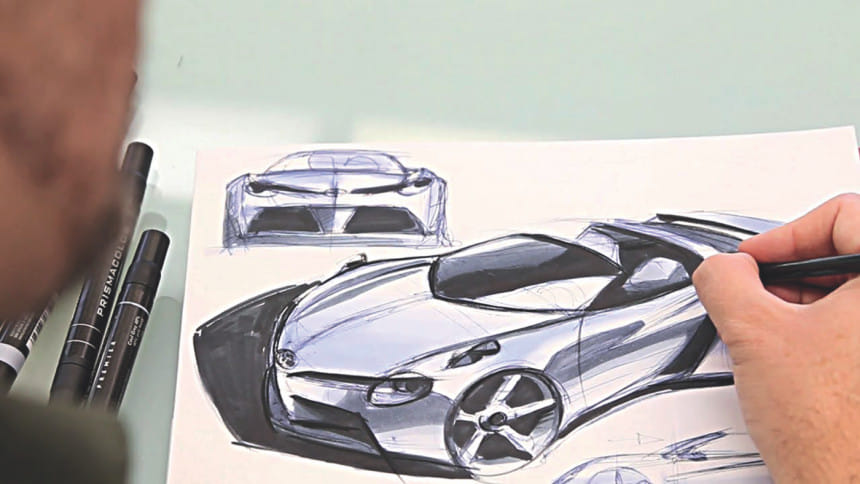
The holy grail of design school has to be the Royal College of Art (RCA) in London, UK, which almost guarantees you a top placement in reputed companies—you may even find yourself to be the head of a top brand like Nissan or Jaguar-Land Rover in 15-20 years time, along with the hefty paycheck that comes with being at the helm of the future of automotive design. It is however, highly competitive and prohibitively expensive. A more realistic option would be College for Creative Studies in Michigan, US, or the California College of Arts, both of which provide good opportunities after graduation thanks to their close proximity to major automotive hubs. An even more realistic and relatively low cost option would be Coventry University in the UK, which also benefit from being at the center of automotive manufacturing in Great Britain, and is easier to get into compared to the aforementioned options. As a rule of thumb, every design school will ask you for your design or sketch portfolio, as well as grades and proficiency in English. You don't have to show you're the next Giorgetto Giugiaro, you just need to show a basic understanding of how perspective works along with a dash of creativity.
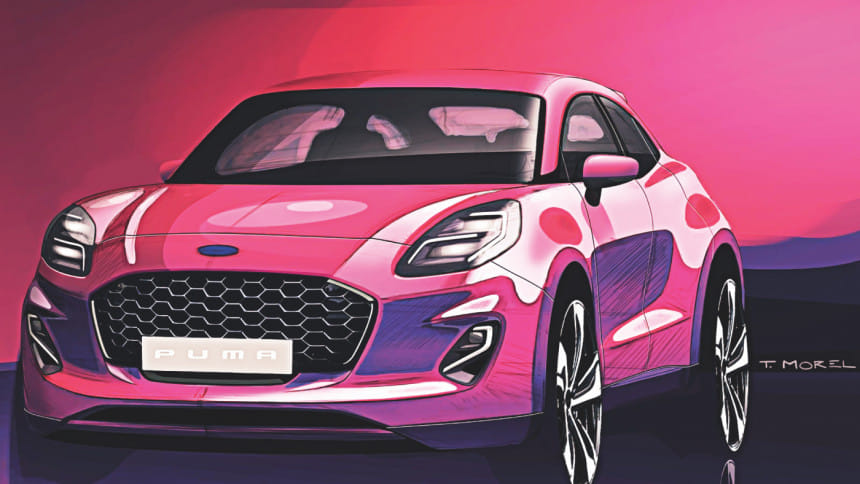
When it comes to automotive journalism, it's even less demanding than engineering or design—you just need good grammar. If you can string together decent enough sentences, have a hunger for knowledge and are interested in continuously perfecting your craft while doing badass things like aggressively driving a 1.5 litre Suzuki MPV (!), then you're the person for the job. You don't need a degree to join our ranks (just send a CV and sample write-up to [email protected]) but if you want to be making the big bucks at the car magazine of your dreams (like Top Gear, Octane or whatever else you prefer) you might need a degree like the one being offered by Coventry University in the UK. Coventry University is the only institution offering post graduate courses for Automotive Journalism, which is basically traditional journalism adapted to writing about automobiles. There are very few specialised courses related to this subject, and frankly, it's more of a networking exercise than anything else. You might end up in a PR machine for a major automotive manufacturer after graduation as well, churning out vague descriptions of hybrids and hideous grilles as a profession.
Whatever you choose to do, as long as you can do it well, we cheer you on. All hobbies can be careers if you try hard enough.

 For all latest news, follow The Daily Star's Google News channel.
For all latest news, follow The Daily Star's Google News channel. 



Comments